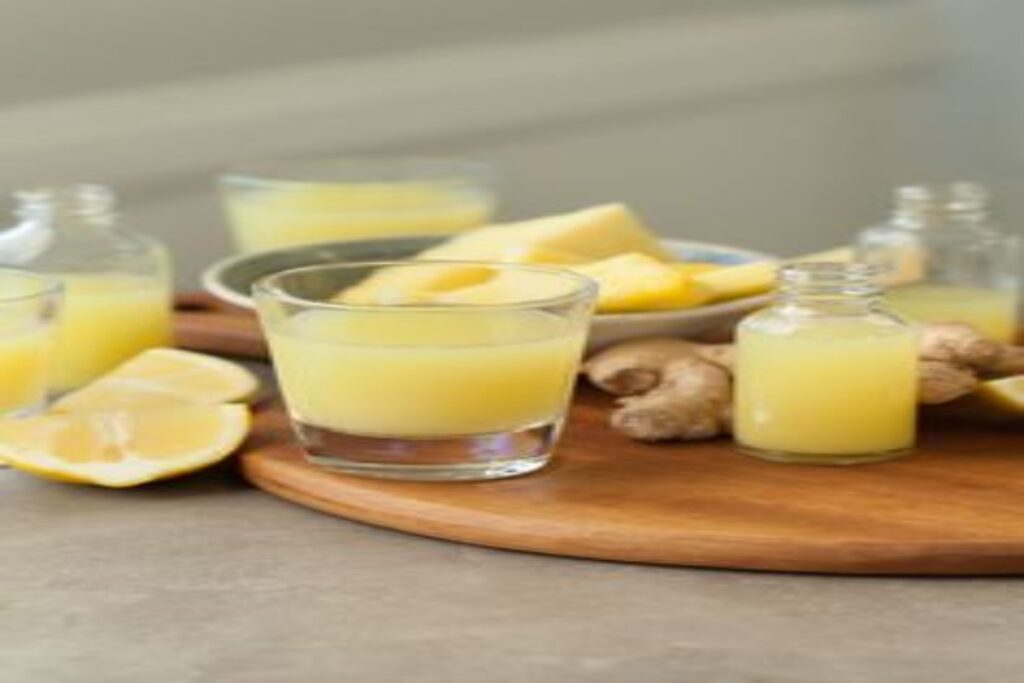What comes to your mind when you hear “acid reflux?” That burning sensation in your throat and chest that brings discomfort, right? Well, you’re not alone. Acid reflux, technically known as gastroesophageal reflux, is more than a burning sensation. It’s a common issue affecting many.
In this irritating scenario, the valve connecting the stomach to the esophagus weakens, allowing stomach acid to flow back into the food pipe. What is then the result? A burning discomfort that can make you beg for relief.
Because the acid is an irritant, the esophagus gets inflamed, making every swallow painful. Notably, acid reflux is a symptom of a more persistent digestive problem — gastroesophageal reflux disease (GERD). Symptom management is critical to conquering acid reflux.
First on the avoidance list is alcohol. If you’ve got acid reflux, it’s time to rethink your beverage choices. Moreover, zeroing in on certain foods is essential. Connecting the dots between what you eat and how you feel can help pinpoint the issue. Let’s get started!
Notably, it’s not only about what’s on your plate. Look into your cup, as well. Yes, your drink choices matter. Some drinks that may trigger acid reflux include alcohol, caffeinated beverages, chocolate, and citrus juices. Although alcohol is a social drink, it causes acid reflux. Alcohol relaxes the valve connecting the stomach and the food pipe and also revs up stomach acid production.
ALSO READ: Here’s How To Save Your Pets From Extreme Winter Cold
And then there are those bubbly drinks. They expand in there, exerting pressure on the sphincter. The result? Your stomach acid and its contents move back up the food pipe. So, for smooth digestion, you must reconsider your bubbly indulgences.
Similarly, caffeine is a significant component of your favorite coffees and can also aggravate acid reflux. But don’t worry much; you can opt for the decaf versions. By making this smart choice, you could minimize the symptoms and still enjoy your favorite drinks without burning. It’s a small change with a massive impact on your digestion.
While indulging in chocolate may feel good, it comes with trouble for acid reflux sufferers. Why? Chocolate has caffeine and cocoa, which cranks up acid reflux symptoms. So, if you battle acid reflux, you must reconsider chocolates and find alternative treats for a gentle digestion journey.
Also, citrus juices may be a morning drink for many. But it’s a potential pitfall for those struggling with acid reflux. Owing to their acidic nature, these juices can intensify symptoms of acid reflux. So, while a freshly squeezed orange juice glass seems like a healthy start, it is an unfriendly wake-up call for you.
While these drinks may trigger acid reflux, some healthy drinks to manage the symptoms are ginger and yogurt. First on my list is ginger because it’s a natural stomach soother that eases discomfort and reduces stomach acid production.
ALSO READ: The Most Powerful Rocket Ever Built is Going for a Second Test Flight
So, opt for caffeine-free ginger tea sweetened with honey. However, beware of ginger ale because, despite its name, it may not be the ideal choice. Most commercial varieties are carbonated and may contain caffeine, reducing the soothing effects of ginger. Overall, a cup of ginger tea might be the remedy you’ve been looking for.
Also, when chosen carefully, dairy products can help reduce acid reflux symptoms. Plain yogurt, for instance, is a simple yet effective option. You can add a touch of honey for more sweetness. So, consider reaching for a bowl of plain yogurt to aid digestion when discomfort occurs.
Aside from what you drink, your mannerisms when sipping your drinks can significantly worsen or cause acid reflux or heartburn. Therefore, optimal drinking practices play a crucial role in minimizing symptoms. Some tips to sip drinks smartly include staying hydrated throughout the day and giving up late-night drinks.
Also, it’s advisable to stay upright post-drink. Incorporating these practices fosters better digestive well-being and keeps acid reflux at arm’s length. In addition to mindful drinking and dietary choices, other self-care measures include weight management, quitting smoking, sleep improvement, and making good wardrobe choices.
Individuals seeking relief beyond lifestyle changes can also opt for over-the-counter medications, which can prove helpful. Standard options include antacids like Gaviscon or Tums, H-2 receptor blockers, ranitidine (Zantac), and Proton pump inhibitors (PPIs) block acid production, giving the food pipe enough time to heal.
Notably, these medications are effective. However, prolonged use may pose risks, such as increased risk of bone fractures, vitamin B-12 deficiency, and susceptibility to infections. Also, individuals facing persistent or chronic acid reflux symptoms must visit the doctor to rule out other conditions.
You Might Also Like:
Teacher Who Claims School Fired Her for Her Christian Beliefs Wins Right to Appeal
Megan Thee Stallion vs Nicki Minaj: A Complete Timeline
Court Sentences Philadelphia Cheesesteak Restaurant Owners in $8 Million Tax Fraud Scheme
Washington D.C. Rabbi Alleges Lyft Driver Attacked Him Because He Didn’t Like His “Energy”
Maine Town Manager Dies After Saving His 4-Year-Old Son From Icy Pond
